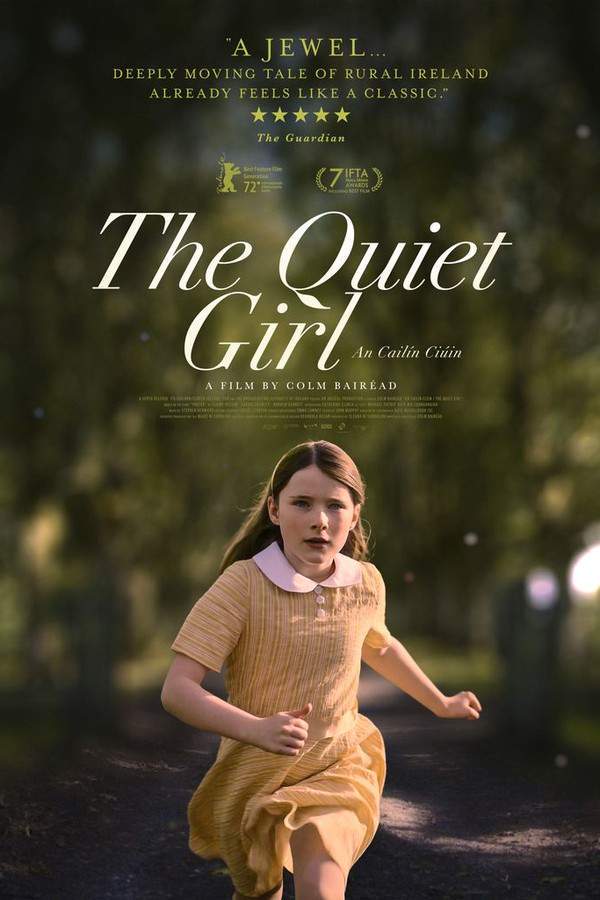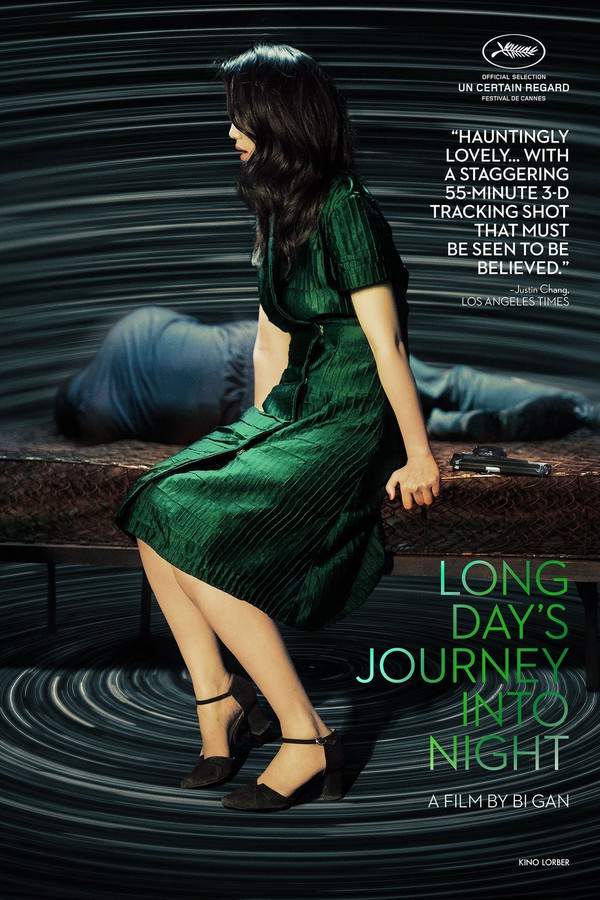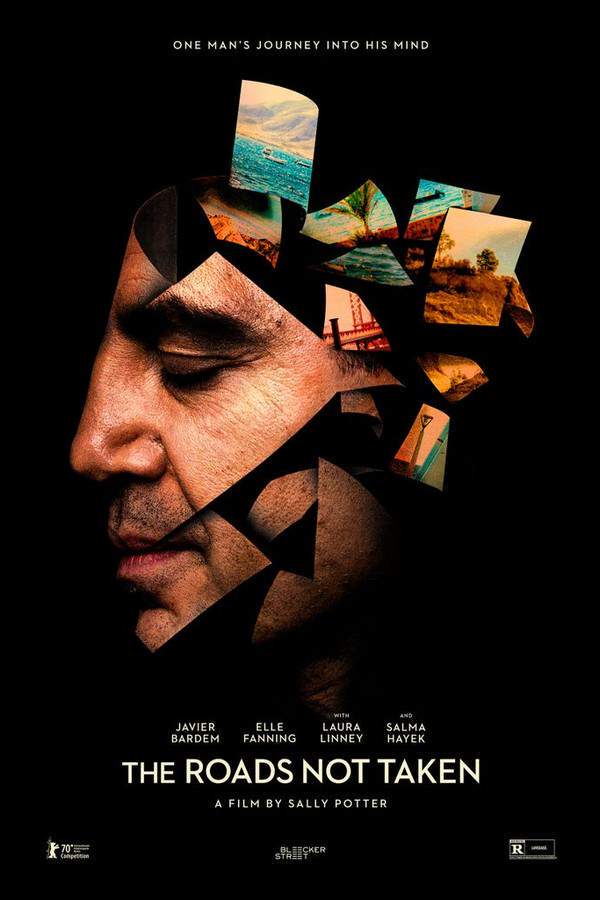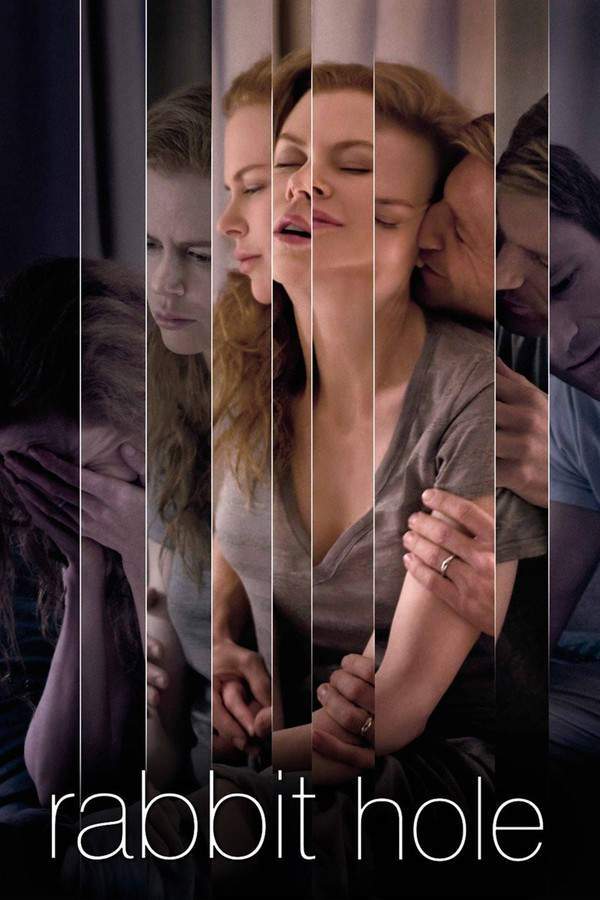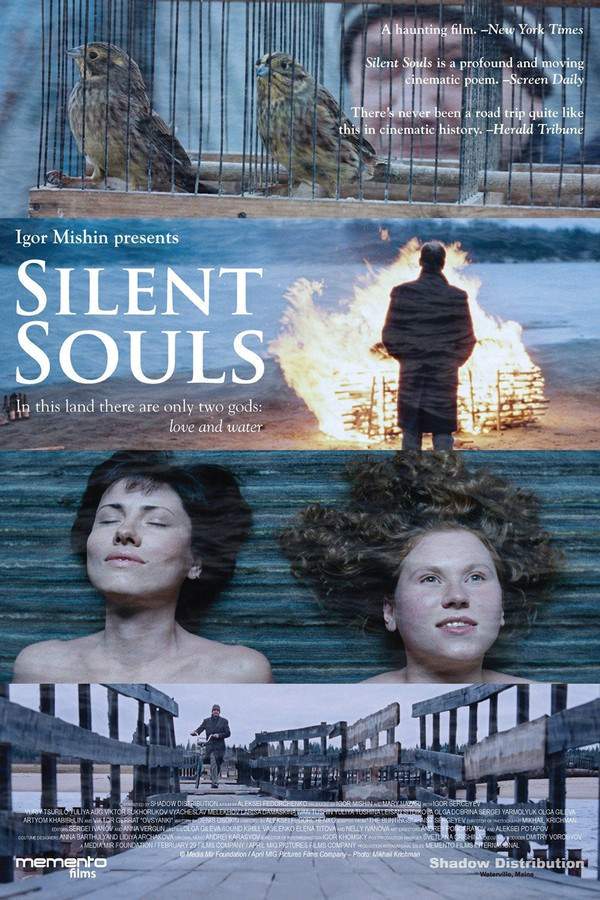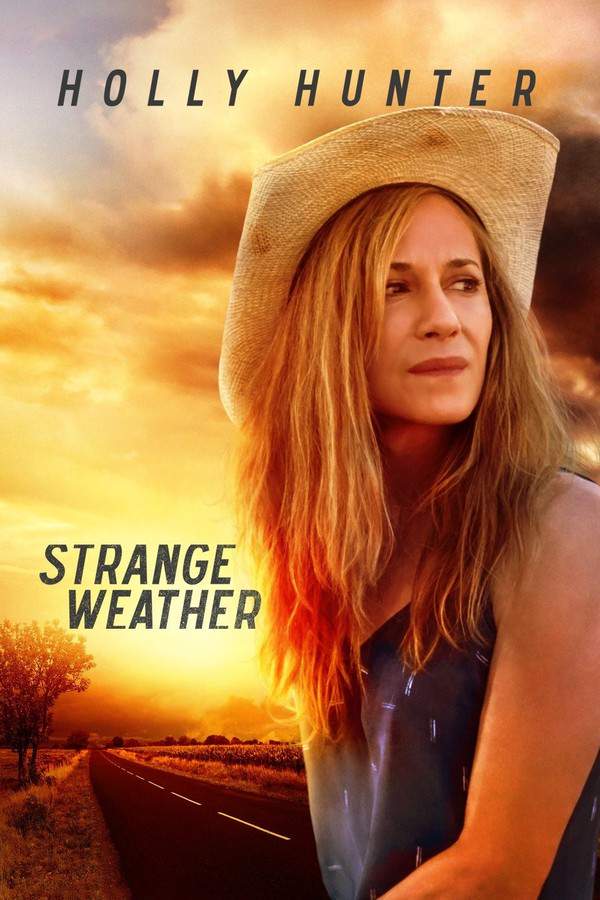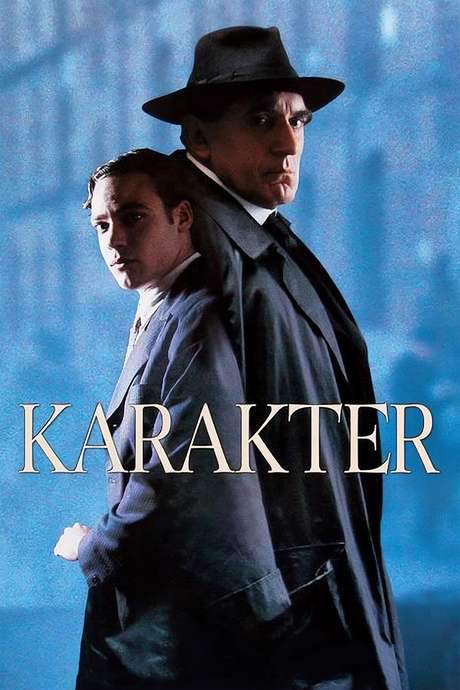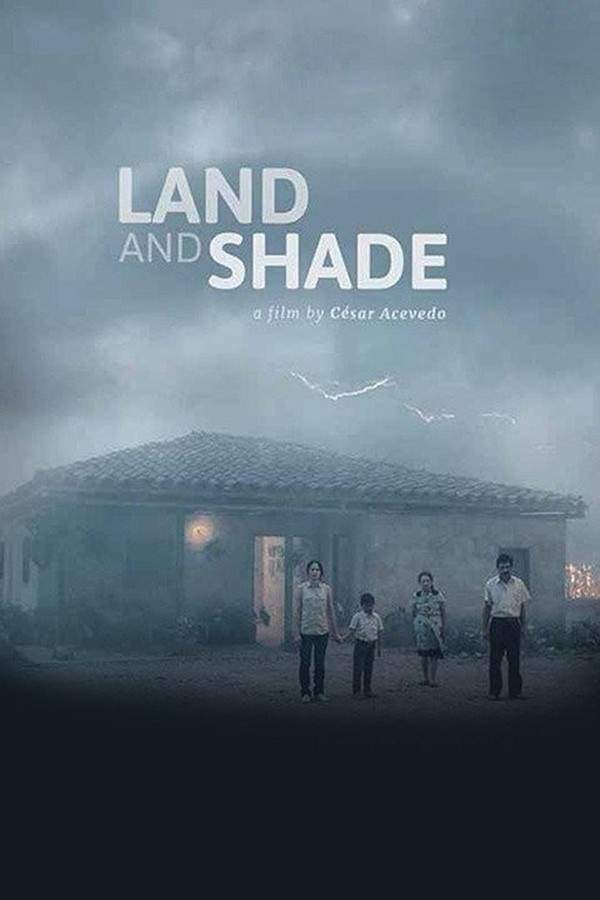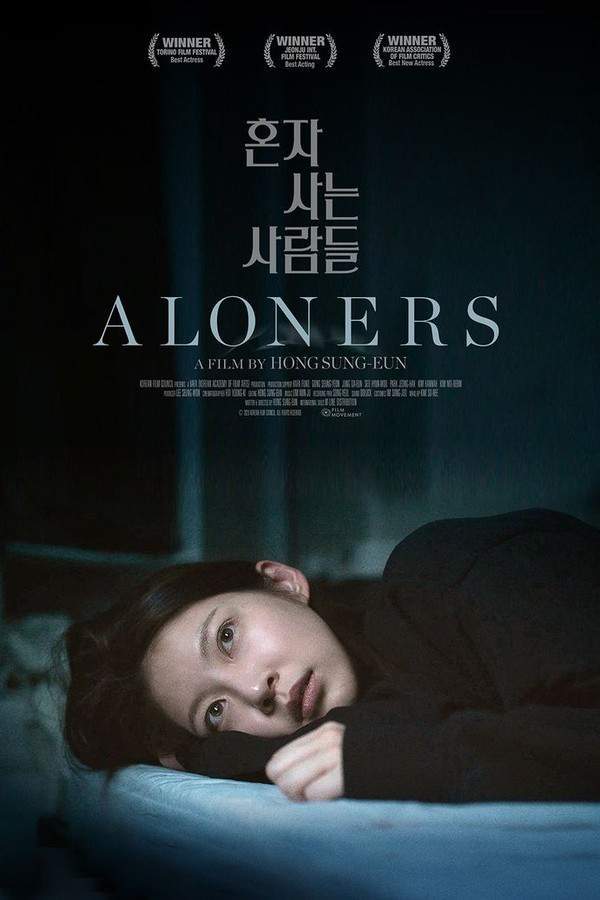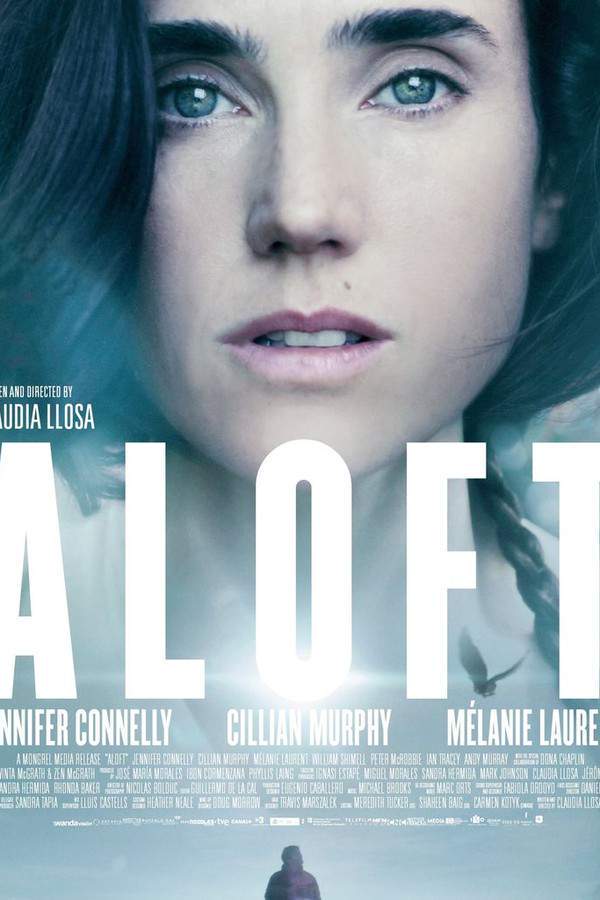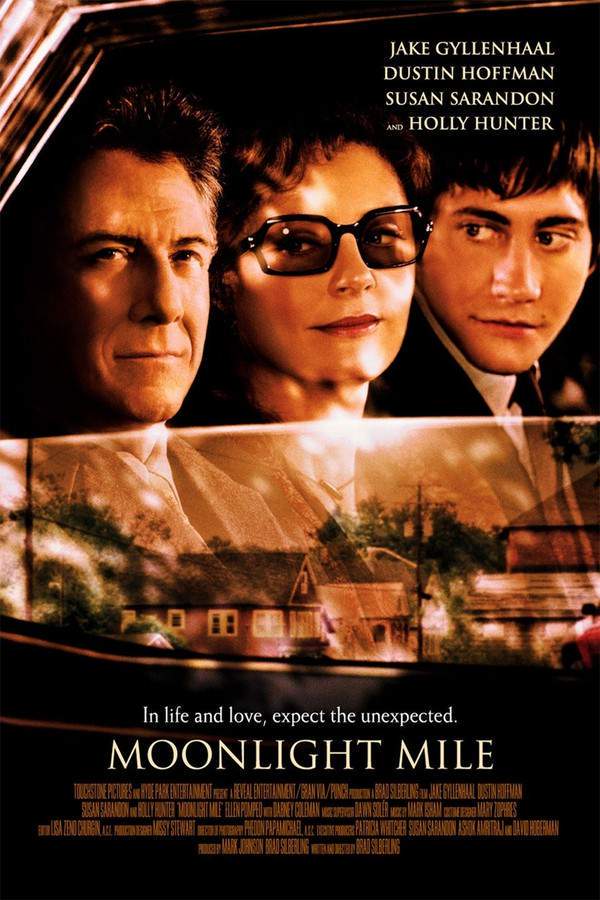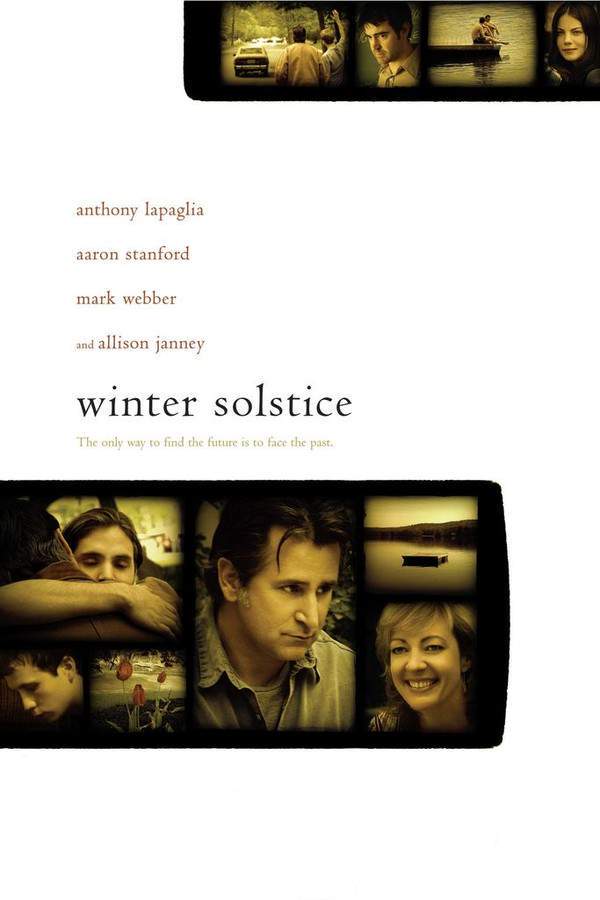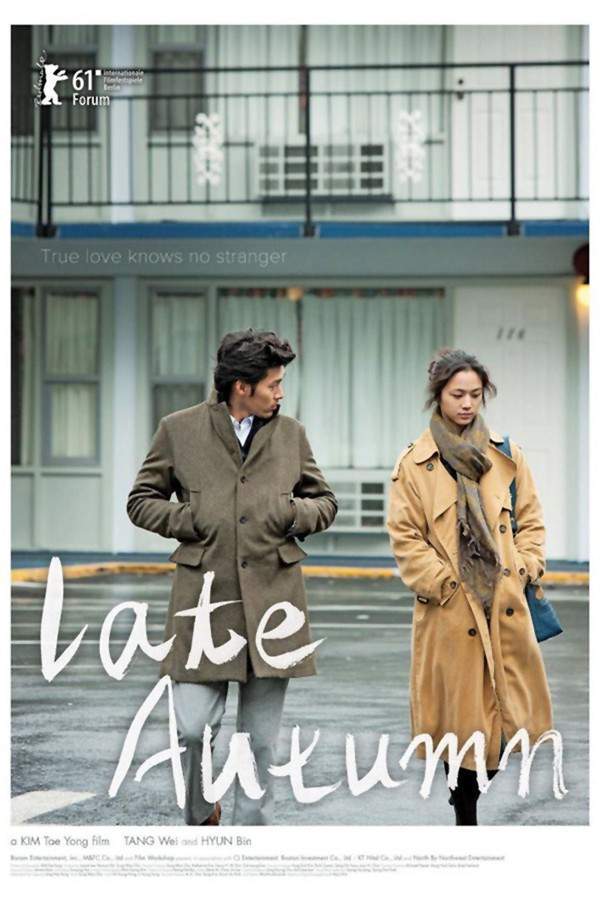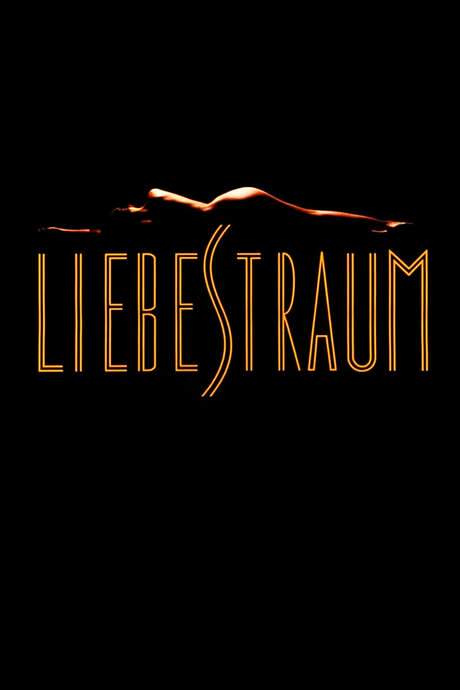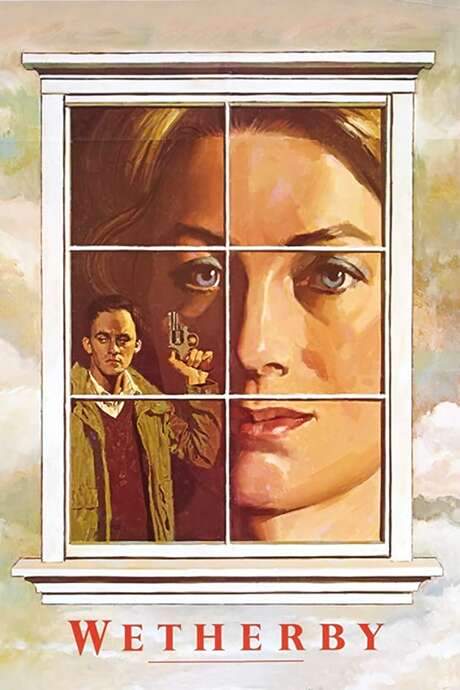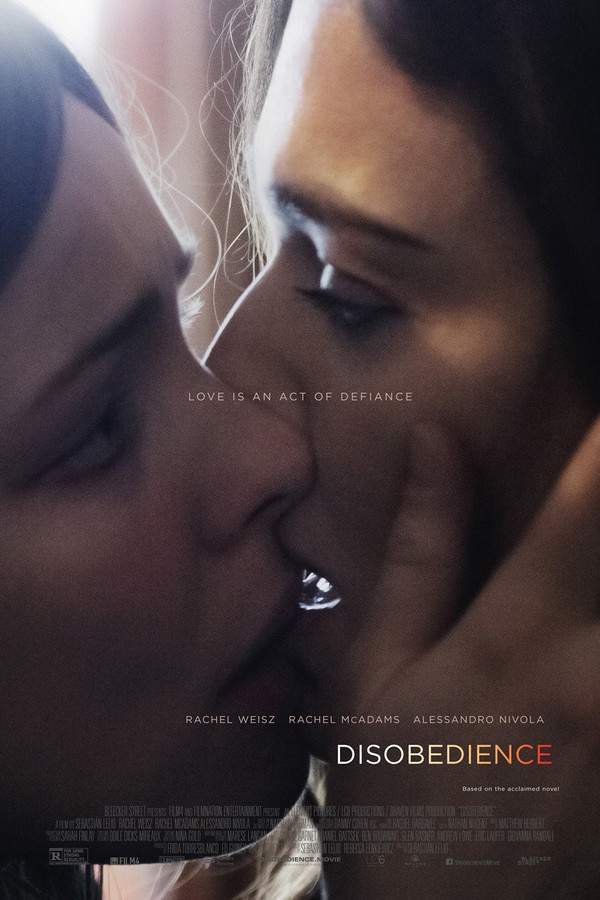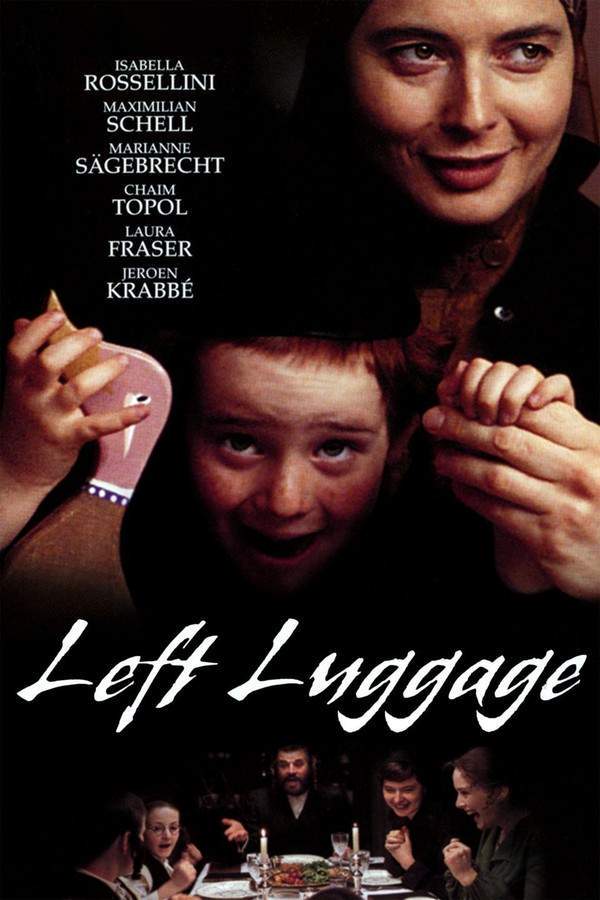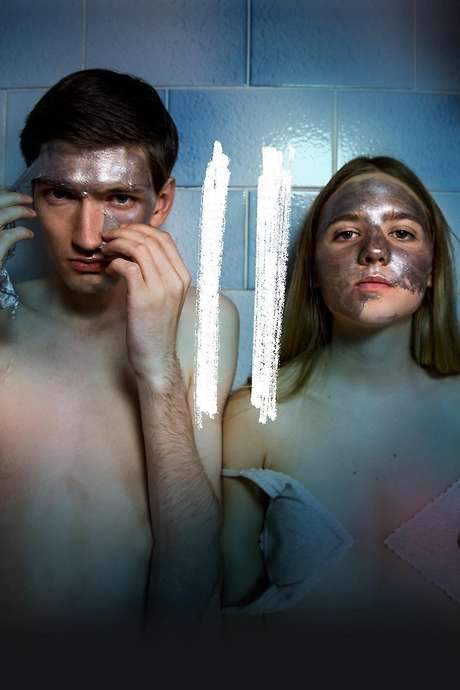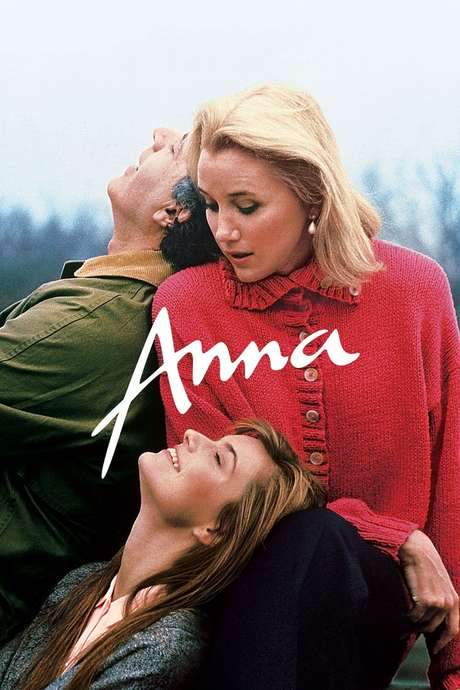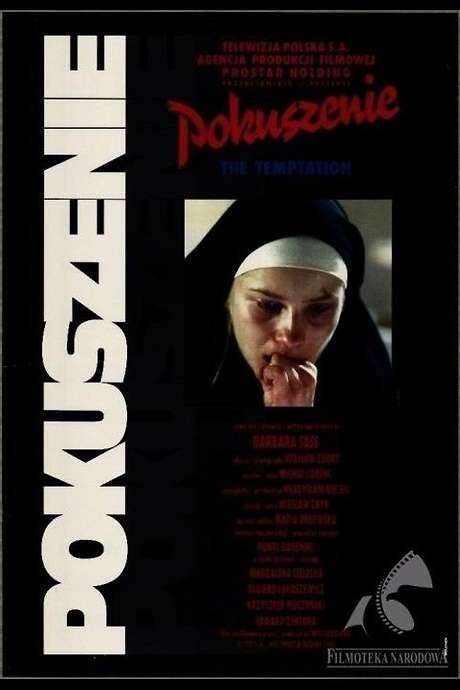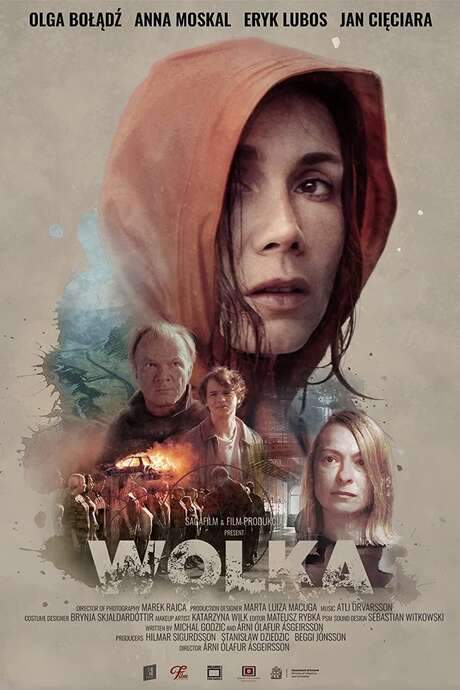
Ida
Year: 2014
Runtime: 82 min
Language: Polish
Director: Pawel Pawlikowski
In 1962 Poland, Anna is about to become a nun when a family secret dramatically alters her plans. She learns that her real name is Ida, and that she is Jewish. To uncover the truth of her origins, she embarks on a journey with her cynical and troubled aunt, confronting the complexities of their family history and the lingering shadows of the Holocaust, ultimately forcing them to examine their identities and their place in a changing world.
Warning: spoilers below!
Haven’t seen Ida yet? This summary contains major spoilers. Bookmark the page, watch the movie, and come back for the full breakdown. If you're ready, scroll on and relive the story!
Ida (2014) – Full Plot Summary & Ending Explained
Read the complete plot breakdown of Ida (2014), including all key story events, major twists, and the ending explained in detail. Discover what really happened—and what it all means.
Circa 1962, the film unfolds in a snowy landscape surrounding a convent, where three novice nuns gather around a statue of Christ, signifying their close friendship. One of these nuns, Anna, is unexpectedly summoned by the Mother Superior to visit her long-lost aunt. Despite her initial reluctance—having grown up as an orphan—Anna acquiesces and sets off on a journey to meet her aunt, Wanda, after a brief stop with another family.
Upon arriving at Wanda’s upscale apartment, Anna discovers that her aunt is a stern and hardened judge, grappling with her own struggles with alcoholism. Wanda shares family photographs with Anna, revealing a shocking truth—Anna is actually Jewish and was born as Ida. Her real parents were tragically killed during the war, a revelation that Anna finds hard to accept. Wanda insightfully observes Anna’s striking red hair, inherited from her artistic mother, who once created stained glass windows even for cows in their barn.
Driven by a desire to locate her parent’s remains, Anna insists on embarking on a quest with Wanda, despite Wanda’s insistence that finding them would be impossible, as Jewish victims were buried in scattered locations during the Holocaust. The two set off, with Anna making heartfelt stops at roadside shrines to pray, while Wanda waits in the car, smoking.
Upon reaching the family home, they are met by a new family who dismisses their inquiries. The young wife and baby in the house claim ignorance about the previous owners, frustrating Anna and Wanda. While Anna seeks solace and clarity in prayer at a nearby church, Wanda’s day unfolds differently as she consumes alcohol and seemingly entertains a man. Their contrasting coping mechanisms create a tension in their relationship.
Eventually, they consult the husband of the new family, who reveals that he is aware of the man who sheltered Anna’s family during the war. Tensions rise as Wanda interrogates him about this history, leading Anna to wander outside, where she discovers a stained glass window in the barn, a poignant reminder of her past.
As the plot thickens, they pick up a hitchhiker, a saxophone player who piques Anna’s interest. Upon arrival in the town, Wanda confronts Anna’s father, now hospitalized. The chilling truths unfold as Wanda implies that this man is responsible for the deaths of Anna’s family. Anna and Wanda share an uneasy room, where the rift between Anna’s pious devotion and Wanda’s cynical worldview grows, leading to confrontational discussions about virtue and sacrifice.
At a local party, Anna declines to join the festivities, highlighting her struggle between her sheltered life and her innate desires. In a moment of desperation, Anna encounters the hostile husband, who offers to reveal the burial site of her parents in exchange for her relinquishing rights to the house their family once lived in. Anna agrees, leading them into a murky forest where the chilling truth of her family’s demise is uncovered.
It is revealed that the husband, not his father, murdered Anna’s parents and that the boy he killed is none other than Wanda’s son. The emotional weight of this revelation leads to a solemn burial of their remains in a family plot, marking a pivotal moment in both women’s lives. With the weight of her past heavy on her heart, Anna returns to the convent, preparing to take her vows, yet feeling an internal conflict as she begins to recognize her own desires.
On the eve of her final ceremony, in a moment of introspection at the Christ statue, Anna confesses to God her uncertainty about taking her vows. As the ceremony unfolds, Anna finds herself unable to suppress her emotions. Meanwhile, Wanda appears to continue her life, moving about her apartment until a tragic accident occurs, her life ending abruptly.
As Anna attends her aunt’s funeral, she grapples with her identity and newfound freedom. In a bold act of defiance, she explores her aunt’s former lifestyle, indulging in drinking and smoking, and eventually seeks out the sax player. Their passionate encounter leads to a proposition of a new life together, including thoughts of domestic bliss.
Yet in the morning, Anna returns to her roots, putting her veil back on and embarking on a path towards the convent once more. As she walks down a snowy road, she captures a sense of longing and resolution, leaving viewers contemplating the complex interplay of identity, choice, and heritage.
Last Updated: May 12, 2025 at 07:04
Explore Movie Threads
Discover curated groups of movies connected by mood, themes, and story style. Browse collections built around emotion, atmosphere, and narrative focus to easily find films that match what you feel like watching right now.
Movies about identity and confronting the past like Ida
Introspective pilgrimages where characters confront family secrets and redefine themselves.If you were moved by how Ida grapples with her heritage, discover more films where characters embark on quiet journeys to uncover family secrets and confront historical trauma. These movies explore similar themes of identity crisis, generational wounds, and the search for truth with a melancholic, introspective mood.
Narrative Summary
The narrative pattern involves a protagonist, often at a life crossroads, who learns a fundamental truth about their origins. This catalyst sends them on a journey, typically accompanied by a contrasting figure, to physically and emotionally piece together the past. The story unfolds slowly, focusing on internal conflict and the weight of history rather than fast-paced action, leading to a redefinition of the self.
Why These Movies?
These films are grouped by their shared focus on a deeply personal, often somber quest for truth. They prioritize mood and theme over plot, using a slow, atmospheric pace to let the emotional weight of uncovering the past resonate. The experience is defined by a melancholic tone, heavy emotional weight, and a central theme of reconciling identity with newfound knowledge.
Atmospheric and melancholic dramas with a similar mood to Ida
Slow-burn dramas where visual poetry underscores a heavy emotional journey.If you appreciated the quiet, visual poetry and somber mood of Ida, explore more films that use a slow pace and stark atmosphere to delve into heavy themes. These emotionally resonant character studies share a similar feeling of melancholy, introspection, and a focus on existential questions against a backdrop of beautiful, often bleak, imagery.
Narrative Summary
The narrative is often simple and linear, serving as a vessel for deep character exploration. The plot unfolds gradually, prioritizing long, quiet shots and a powerful sense of place to create an immersive mood. The central conflict is internal—a character grappling with grief, faith, or existential doubt—making the emotional journey the primary focus.
Why These Movies?
Movies in this thread are connected by their overwhelming emphasis on creating a specific, somber vibe. The similarity lies in the viewing experience itself: it's slow, visually arresting, and emotionally heavy. They share a melancholic tone, a deliberate pace that allows the atmosphere to breathe, and a focus on the interior life of characters facing profound dilemmas.
Unlock the Full Story of Ida
Don't stop at just watching — explore Ida in full detail. From the complete plot summary and scene-by-scene timeline to character breakdowns, thematic analysis, and a deep dive into the ending — every page helps you truly understand what Ida is all about. Plus, discover what's next after the movie.
Ida Timeline
Track the full timeline of Ida with every major event arranged chronologically. Perfect for decoding non-linear storytelling, flashbacks, or parallel narratives with a clear scene-by-scene breakdown.

Characters, Settings & Themes in Ida
Discover the characters, locations, and core themes that shape Ida. Get insights into symbolic elements, setting significance, and deeper narrative meaning — ideal for thematic analysis and movie breakdowns.

Ida Spoiler-Free Summary
Get a quick, spoiler-free overview of Ida that covers the main plot points and key details without revealing any major twists or spoilers. Perfect for those who want to know what to expect before diving in.

More About Ida
Visit What's After the Movie to explore more about Ida: box office results, cast and crew info, production details, post-credit scenes, and external links — all in one place for movie fans and researchers.

Similar Movies to Ida
Discover movies like Ida that share similar genres, themes, and storytelling elements. Whether you’re drawn to the atmosphere, character arcs, or plot structure, these curated recommendations will help you explore more films you’ll love.
Explore More About Movie Ida
Ida (2014) Scene-by-Scene Movie Timeline
Ida (2014) Movie Characters, Themes & Settings
Ida (2014) Spoiler-Free Summary & Key Flow
Movies Like Ida – Similar Titles You’ll Enjoy
Hannah (2018) Full Movie Breakdown
A Secret (2008) Film Overview & Timeline
Disobedience (2018) Complete Plot Breakdown
Left Luggage (2000) Complete Plot Breakdown
Irena's Vow (2024) Story Summary & Characters
My Name Is Sara (2019) Film Overview & Timeline
I Am Dina (2002) Spoiler-Packed Plot Recap
II (2019) Complete Plot Breakdown
The Inheritance (1980) Film Overview & Timeline
Angry Harvest (1985) Movie Recap & Themes
Little Ida (1981) Complete Plot Breakdown
Anna (1987) Story Summary & Characters
Temptation (1995) Detailed Story Recap
Wolka (2021) Movie Recap & Themes
The Polish Bride (1998) Full Movie Breakdown


